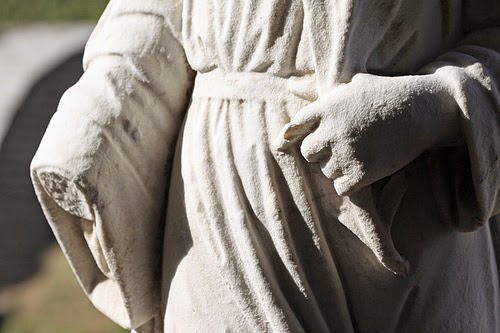When all the
diagnostic tools available that could have guided the patient's diagnosis
and determined its study and treatment have not been used, and the patient situation
reaches an irreversible state, then we face the "loss of opportunity".
The loss of
opportunity has been embraced in case law as an alternative to the breach of "lex
artis", and allows for a
compensatory response in cases where the latter failure has not occurred,
however it exists an unlawful damage arising from the operation of the service.
In this case we cannot
ever know what would have been the end result, even if all available diagnostics possibilities had been exhausted .
In these cases,
the material damage doesn't correspond to the fact occurred , but to the
uncertainty surrounding the sequence that could have taken the facts should the
medical service had followed other performance parameters, in short, the
possibility that the circumstances concurrent had occurred in a different way.
The loss of
opportunity is the loss of an alternative treatment, which resembles
somewhat to the moral damage, and that is the concept to compensate.
We can state
that medical action deprived the patient of certain expectations of healing,
which should be compensated , but reducing the amount of compensation due to
the probability that the loss occurred equally, having acted diligently.








